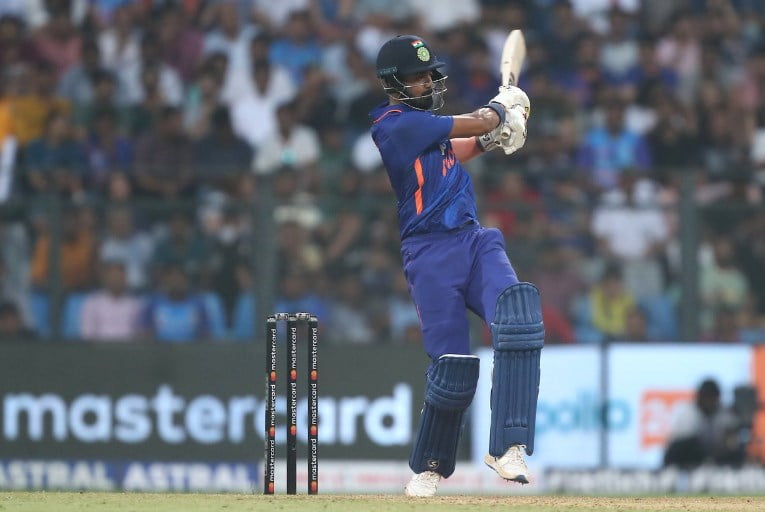The composition of India’s squad for the 2023 Asia Cup has ignited a debate, drawing both support and criticism. BCCI chief selector Ajit Agarkar has stood by the choices made, even as certain selections and exclusions remain contentious. Expectedly, KL Rahul and Shreyas Iyer have secured spots in the squad after completing rehabilitation at the National Cricket Academy in Bengaluru.

Nonetheless, recent reports have indicated that Rahul might have incurred a fresh injury, potentially causing him to miss the initial two matches of the Asia Cup. Former India selector Kris Srikkanth has voiced his concerns over the current selection committee, accusing them of being uncertain about the fitness of certain players. He pointed out that if Rahul wasn’t fully fit, he should not have been included in the Asia Cup squad.
ALSO READ: Sourav Ganguly Backs Axar Patel’s Selection Over Chahal In Asia Cup Squad
In his YouTube channel “Cheeky Cheeka,” Kris Srikkanth emphasized that his approach as a selector was to refrain from picking unfit players on the day of selection. He expressed his bewilderment at the current selection choices, particularly the inclusion of multiple medium pacers. Srikkanth questioned the selectors’ confidence in assessing players’ fitness and urged for clearer decisions.
He stated, “You want to keep him for World Cup? Fine, you do that but hoping he will play after two games? My point is Ajit Agarkar and co are confused. If you are not (sure), just do not consider them.”
ALSO READ: Umesh Yadav Joins Essex For The Remainder Of County Championship Season
Reflecting on the recent India tour of Ireland, where they won two out of three T20Is, Srikkanth questioned the decision to select Prasidh Krishna based on his few overs of play. He criticized the choice to include Krishna, who hadn’t played competitive cricket for over a year, calling it a confused and conservative approach to selection.
“This is a confused selection policy, safe selection policy, hoping for the best policy,” Kris Srikkanth concluded, highlighting the need for a more coherent and confident selection strategy.
